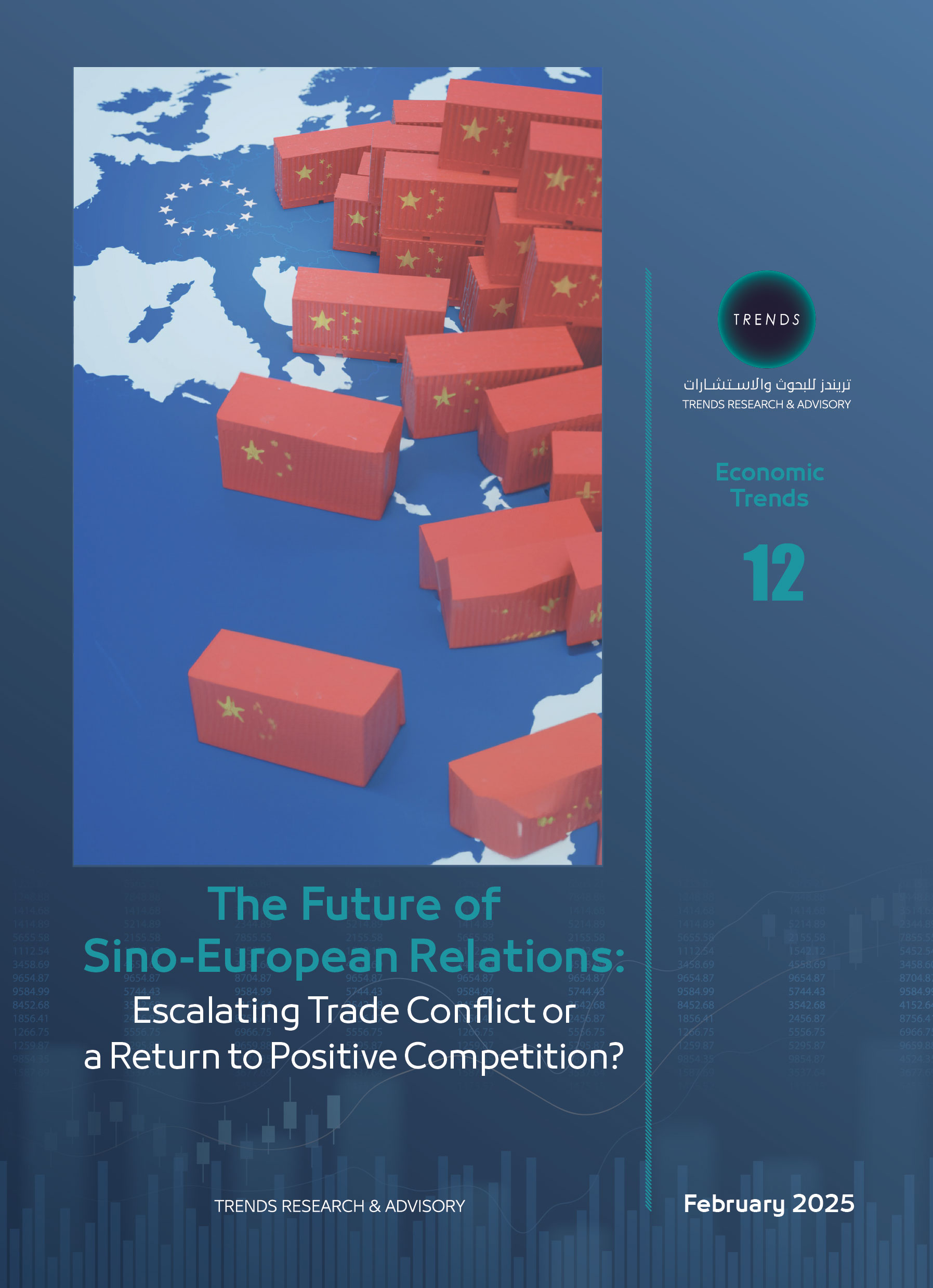The future of global relations remains uncertain, shaped by rising geopolitical tensions, increasing protectionism, and unpredictability on the world stage. Amidst these challenges, the European Union (EU) and China have an opportunity to demonstrate a shared commitment to preserving the rules-based multilateral trading system and countering protectionism, while also promoting free trade as a powerful engine for sustainable economic growth and prosperity. Achieving this vision could bring a successful conclusion to the long-delayed negotiations on a comprehensive investment agreement between the European Union and China.
However, the EU remains concerned about its trade and investment relations with China, which are marred by a lack of reciprocity, limited market access, and an uneven playing field for foreign investors in China. As a result, any consideration of a free trade agreement (FTA) remains off the table until these issues are adequately addressed.
In 2020, the EU resilience has been tested not only by its economic response to the coronavirus pandemic but also by its evolving relationship with China. By mid-2020, the EU appeared increasingly capable of implementing a range of defensive economic policies, yet it struggled to leverage its relationship with China to influence Chinese policies. Faced with stalled discussions, Europe used the opportunity of a virtual summit with Chinese President Xi Jinping and Premier Li Keqiang to underscore its long list of grievances. While continuing to emphasize the importance of its relationship with China in addressing global challenges, the EU called on the Chinese government to back its words with meaningful action.
Following 29 rounds of negotiations over eight years around a draft Sino-European comprehensive investment agreement (CIA), German Chancellor Angela Merkel raised the stakes by proposing a second EU-China summit in 2020, to be held in Leipzig in mid-September, with the participation of the heads of state and government of all 27 EU Member States. This “leaders’ meeting,” as it was sometimes called to distinguish it from the usual summits organized by the European institutions, was intended to mark the conclusion of the CIA discussions. Since the EU-China summit in Brussels in June 2018, the EU has consistently urged the Chinese government to cease delaying or blocking negotiations and to work towards reaching tangible agreements.
This study aims to explore the competitive dynamics between China and Europe in the context of the ongoing geopolitical shifts.




